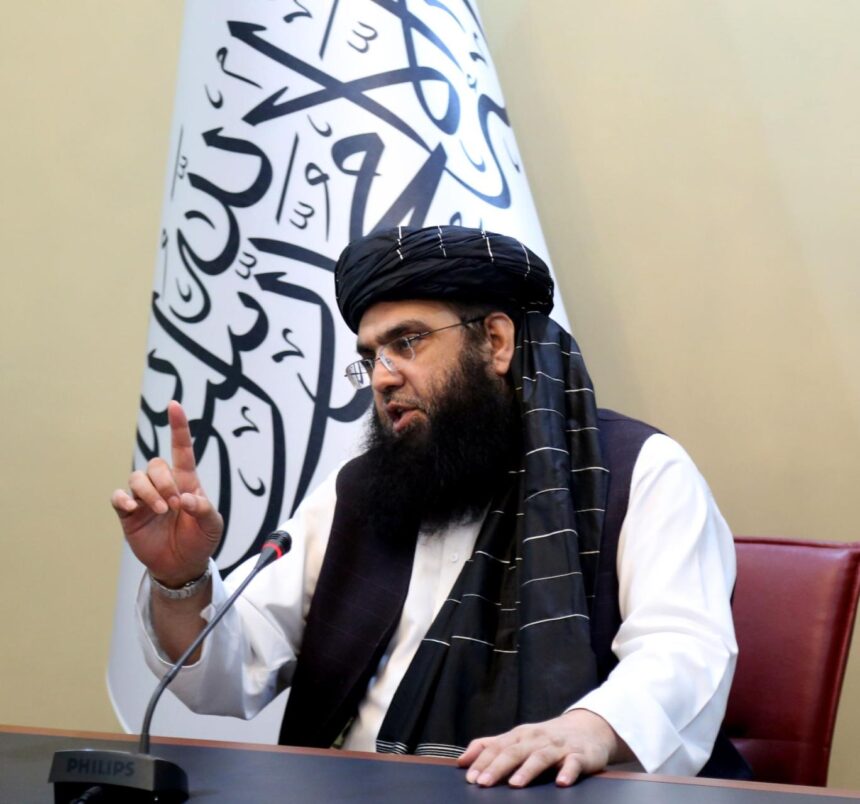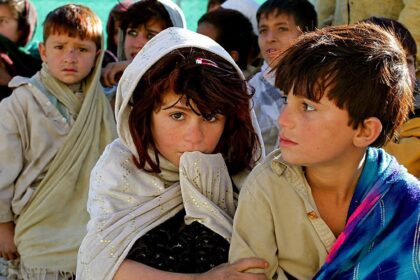RASC News Agency: Insider reports indicate that the position of “Political Deputy Prime Minister” within the Taliban administration may be on the verge of elimination. Following the assassination of Khalil-ur-Rahman Haqqani, the Taliban’s Minister of Refugees, Mullah Hibatullah Akhundzada appointed Mullah Abdul Kabir, the political deputy prime minister, to the vacant position. This appointment, which unveiled internal rifts within the Taliban leadership, has fueled widespread speculation. Sources suggest that the delay in appointing a replacement was driven by disputes between the Haqqani network and Mullah Hibatullah.
Khalil Haqqani, a prominent figure in the Haqqani network, was succeeded by his eldest son, Ahmad, as the network’s leader following his assassination. Despite this, Mullah Hibatullah bypassed the network’s preference and appointed Mullah Abdul Kabir as the new Minister of Refugees. However, the official announcement accompanying this appointment notably omitted any reference to a successor for Abdul Kabir or the future of the Political Deputy Prime Minister role, intensifying rumors of its potential abolition. A source from the Taliban’s Prime Minister’s Office disclosed that the group is deliberating the dissolution of the position, arguing that its responsibilities overlap significantly with those of the Ministry of Foreign Affairs.
Meanwhile, discussions reportedly continue over the retention of the post, with names such as Shir Mohammad Abbas Stanikzai, Nida Mohammad Nadim, and Shamsuddin Shariati emerging as potential candidates for the role. No final decision has been reached yet. These developments occur against the backdrop of escalating tensions between the Haqqani network and Mullah Hibatullah. The Haqqani faction seeks to solidify its influence, while Mullah Hibatullah is allegedly maneuvering to exclude senior Haqqani figures from key governmental roles. This is not the first instance of discord between the Haqqani network and Taliban loyalists aligned with Mullah Hibatullah, as past power struggles have similarly underscored the fractures within the group’s leadership.






